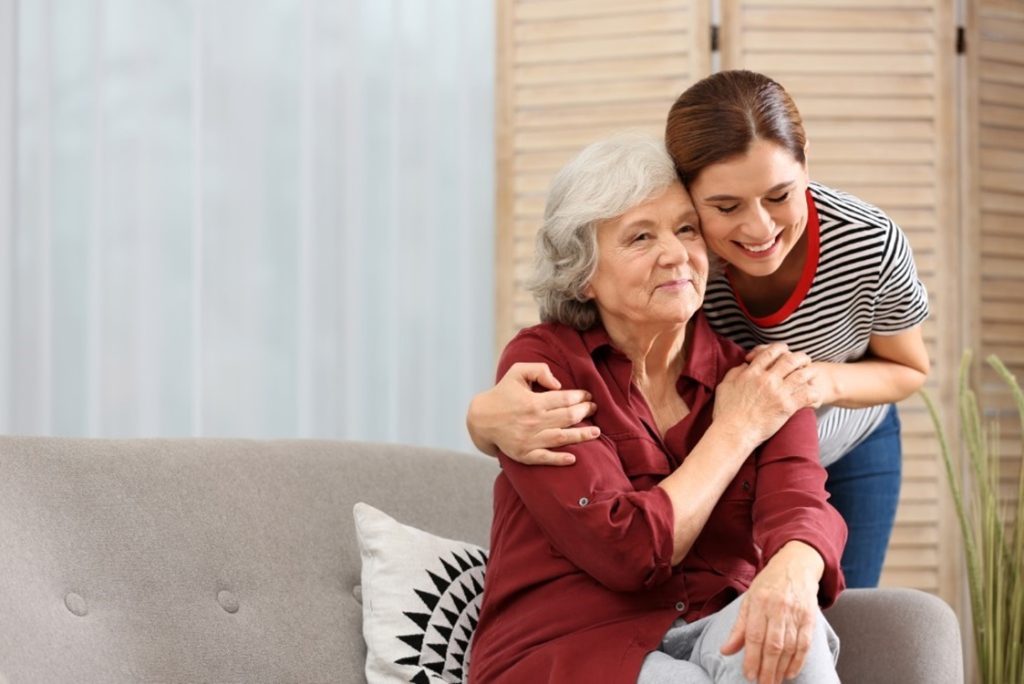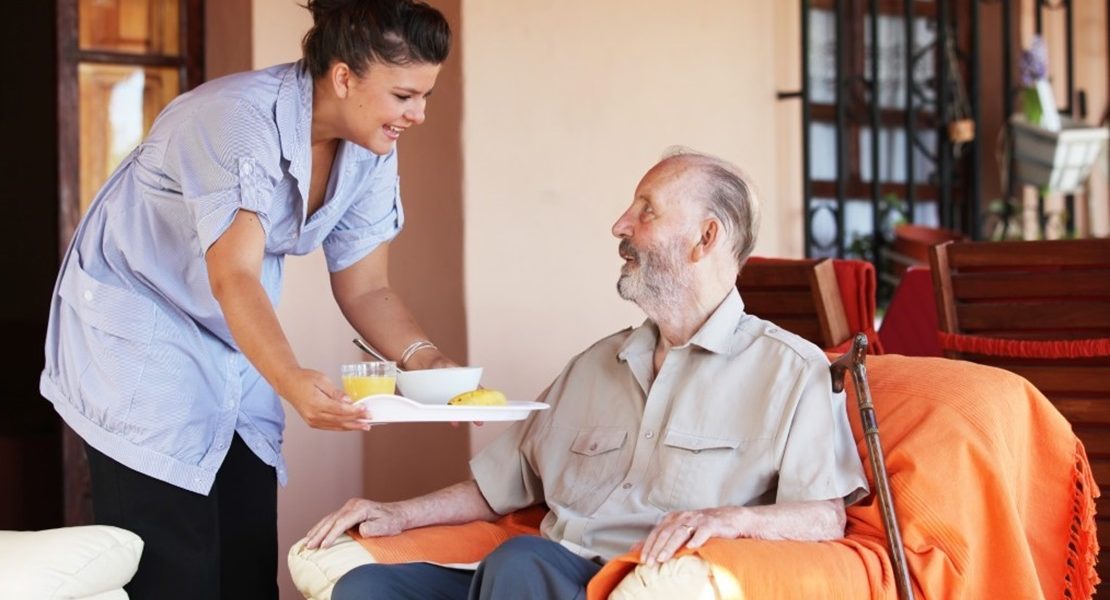Taking care of elderly loved ones like grandparents or aging parents is a rewarding experience if it’s something you truly want to do. Doing so lets you show your love and appreciation for someone who’s been there for you your whole life. However, as many families and caregivers know, it takes a lot of work.
Around 89.7% of elderly patients are in home health care, with a significant number potentially being cared for by both relatives and professional caregivers. If you’re in this situation, this guide can help you find the right balance so you can create the best possible environment for your loved one and yourself. (1)
The Warmth of Family Care
No bond compares to the love and connection shared within a family. When you’re involved in caring for your elderly relatives, you provide them with emotional support and a sense of belonging.
Simple things families do, such as sharing meals and reminiscing on happy memories, can make a huge difference in their well-being. These moments of connection not only benefit your loved one but also strengthen your family bond.
Professional Home Care for Elderly Relatives
Due to the demands of caregiving, getting a home care provider may help. The professionals can take some of the work and heavy lifting off your hands. Choose a package that includes in-home services like assistance with daily activities, meal prep, or home maintenance.
Skilled nursing care can provide the medical support your aging relative needs at home, while companions offer social interaction and a listening ear. Meanwhile, licensed caregivers support your loved one wherever and whenever you or other family members can’t.
The Realities of Caregiving
Juggling caregiving with other things can be brutal. Managing meds, appointments, and daily tasks for your elderly loved ones is a lot.
Studies reveal that constant demands in caregiving can lead to fatigue, stress, and, sometimes, even financial woes and resentment. Remember, you can’t pour from an empty cup. If burnout strikes you or your loved one’s caregiver, exploring additional support options or revising the care plan becomes necessary. Being a tag team could relieve you both of the stress of caregiving. (2)
Creating a Balanced Care Plan
Gather your family for a chat. Talk about what your loved one needs. Think about who can help with meals, errands, or anything else. Divide caregiving tasks based on everyone’s skills and free time. This way, everyone contributes, and your loved one gets the support they deserve.
Plan a schedule that mixes family and professional care. This ensures your loved one has someone there throughout the day. Talk openly with your loved one about their preferences. Keep everyone informed of any changes to the plan.

Financial Considerations
Professional home care for your elderly loved ones can come with a hefty cost. Fortunately, there are resources available to help you. Many long-term care insurance plans offer some coverage for home care services.
Medicare or Medicaid may also cover certain skilled nursing care services at home. Seventy-eight percent of home health agencies are even Medicaid-certified, while the majority are Medicare-certified. Explore these options and research any potential financial assistance programs in your area. Don’t let financial worries prevent you from seeking the best care for your loved one. (3)
Communication and Collaboration
Clear and consistent communication is what makes a caregiving team for older adults work well. Schedule regular family meetings to discuss any concerns or updates. If your loved one’s routines and preferences change, keep the professional caregivers informed.
Keep everyone in the loop! Use a shared care notebook to document daily activities, medications, and any new and relevant observations. When everyone involved communicates openly, the better you can provide a cohesive and effective care approach. In turn, your teamwork with the caregivers creates a safe home for your elderly loved ones.
Self-Care for the Caregiver
You can’t effectively care for someone else if you neglect your own well-being. Make self-care a priority. Starting to feel the pressure? Deep breathing or meditation could be your new best friends. Why not join caregiver support groups? You can connect with other family caregivers facing similar challenges.
Scheduling time for your hobbies and interests is essential, not selfish. A well-rested caregiver is better equipped to provide quality senior care for elderly patients. So, as much as possible, don’t ignore your needs.
Conclusion
Feeling overwhelmed while balancing family care with professional support is normal. But you don’t have to go through this on your own. Resources and licensed caregivers are there to offer the help you need.
Just relax and focus on fostering open communication with your elderly loved ones and caregivers. Remember to practice self-care and nurture the love you share with your aging relative. These actions can help make a safe and thriving home with the best care possible.
References
- “Older Adult Health,” Source: https://www.cdc.gov/nchs/fastats/older-american-health.htm
- “Understanding the Impacts of Caregiver Stress,” Source: https://pubmed.ncbi.nlm.nih.gov/32453176/
- “Home care in the U.S. – Statistics & Facts,” Source: https://www.statista.com/topics/4049/home-care-in-the-us/#topicOverview

